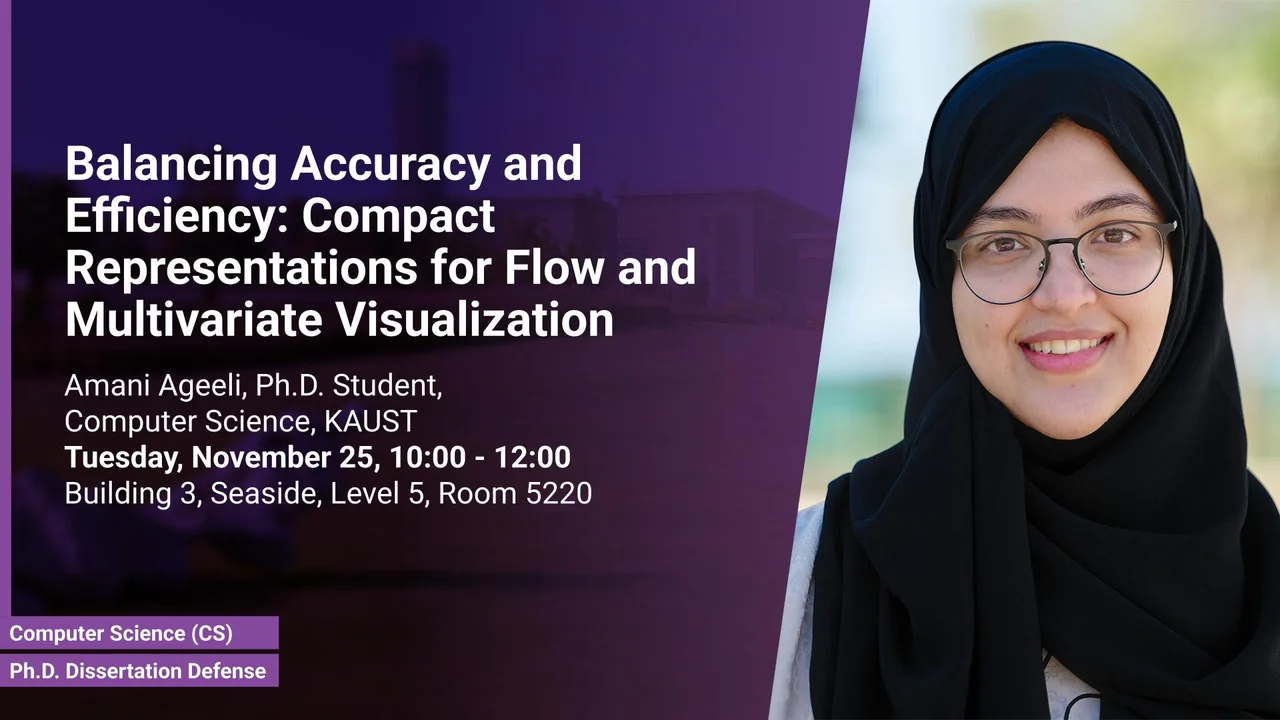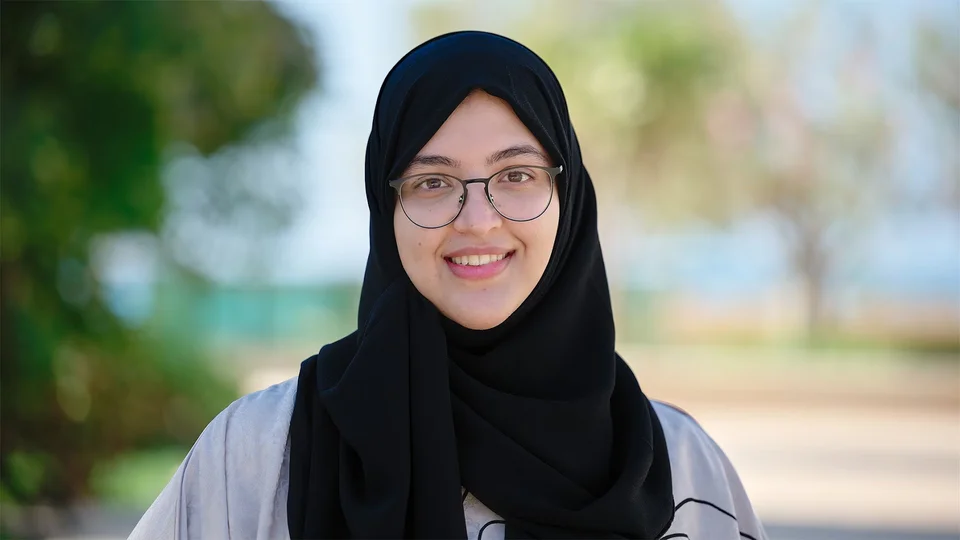
Balancing Accuracy and Efficiency: Compact Representations for Flow and Multivariate Visualization
This thesis addresses the challenge of interactively visualizing massive scientific datasets by introducing novel frameworks that strategically balance accuracy and efficiency for scalable multivariate filtering, objective time-dependent flow analysis, and hybrid, complexity-guided flow reconstruction.
Overview
The increasing size and complexity of scientific datasets pose significant challenges for interactive analysis and visualization. Reservoir simulation and climate data, for example, produce multivariate data with many attributes per sample, such as temperature, pressure, porosity, and humidity, together with flow fields that capture the motion of fluid particles. Representing these datasets in a way that preserves accuracy while remaining compact and efficient is essential for enabling scalable exploration and real-time rendering. This thesis addresses this challenge by introducing compact representations and frameworks that balance accuracy and efficiency for scalable filtering, objective flow analysis, and hybrid reconstruction in flow and multivariate visualization.
The first contribution focuses on interactive visualization and analysis in large multivariate datasets. Filtering by arbitrary combinations of attributes is particularly challenging, as existing methods scale poorly when queries involve many dimensions. To overcome this, we introduce a probabilistic framework for multivariate range queries that decouples attribute dimensions through projection. This approach supports efficient querying over any subset of attributes, with performance improving as the number of dimensions increases. Since the method is output-sensitive, its scalability is governed primarily by the size of the query result rather than the entire dataset. It also separates query evaluation between user interaction and rendering, which substantially improves scalability during exploration. Unlike multi-resolution approaches limited by fixed subdivisions, our framework evaluates queries at the finest granularity without loss of accuracy.
The second contribution addresses the challenge of analyzing time-dependent flow fields, where the choice of reference frame can either clarify or obscure important features. We introduce a unified mathematical framework that reformulates three established approaches for computing optimal reference frames and creates a clear basis for comparison. Using this framework, we analyze the spatial and temporal quality of the resulting frames. This comparative evaluation clarifies the trade-offs between methods and identifies the circumstances under which one approach is preferable to another.
The third contribution introduces a hybrid framework for flow visualization centered on the concept of a complexity mask. The mask partitions the domain by local flow complexity and allocates high-resolution vector-field storage to regions that require fine-scale detail. Smoother parts of the flow rely on compact neural inference. Beyond this adaptive allocation, the mask provides additional flexibility and allows simple flow regions to be represented not only by neural models but also by alternative, low-cost representations. In this way, the complexity mask serves as a general mechanism for balancing accuracy and memory efficiency. Hybrid representations can then be adapted to different datasets and application requirements.
Presenters
Brief Biography
Amani Ageeli is a Ph.D. candidate in Computer Science at King Abdullah University of Science and Technology (KAUST), working in Prof. Markus Hadwiger research group High-Performance Visualization Group. She earned her master’s degree in Computer Science from KAUST and her bachelor’s degree in Computer Science from Umm Al-Qura University. Her doctoral research focuses on developing compact, efficient approaches for analyzing large-scale, time-dependent scientific data. Throughout her studies, she has contributed to teaching and supporting visualization and programming courses, and has also taught pre-university students through KAUST educational programs such as KVA and Space2101.

